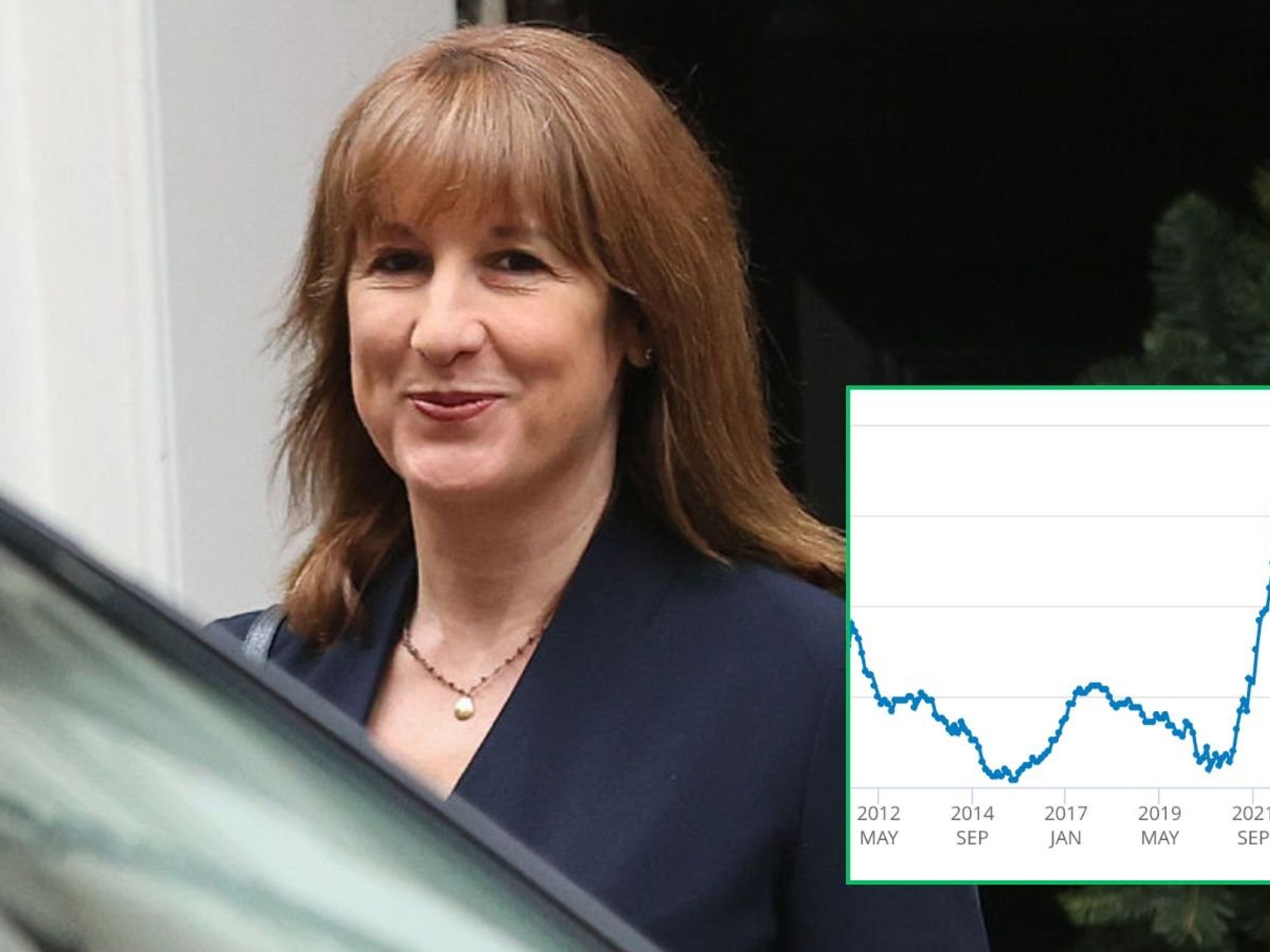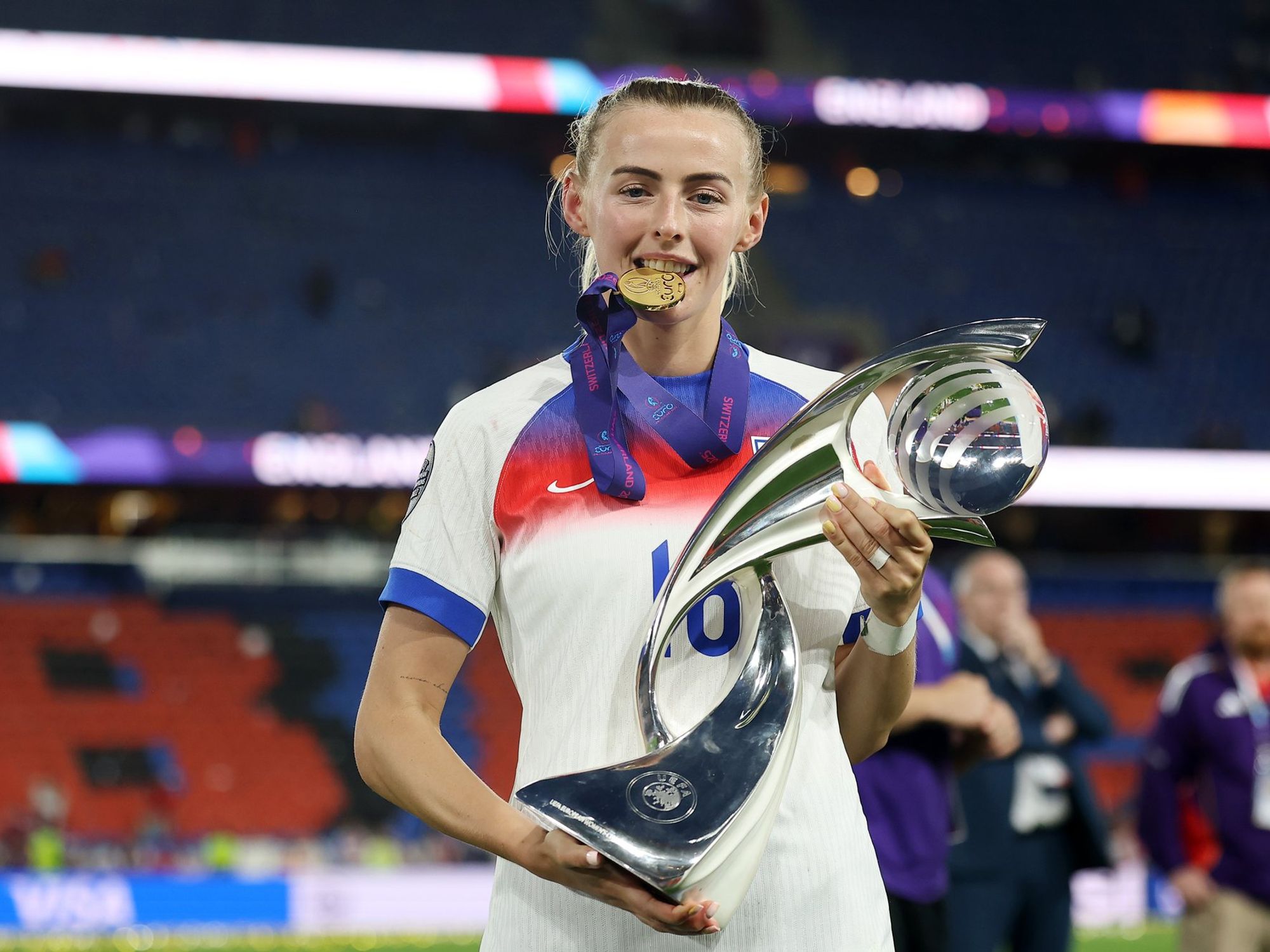'I'm a neurologist and I have lived with dementia for 10 years - I swear by this diet to slow down symptoms'

A neurologist with dementia swears by the MIND diet to slow down ageing
|Getty Images

Daniel Gibbs took a DNA test to inform his wife's genealogy research and the results were life-changing
Don't Miss
Most Read
A neurologist living with dementia for almost a decade has revealed his dietary plan in a bid to help others stave off brain decline.
Daniel Gibbs Gibbs, who turned 73 this month, has been living with Alzheimer's disease for eight years.
Prior to his diagnosis, Gibbs took a DNA test to inform his wife’s genealogy research. The results would be life-changing.
Besides learning where his ancestors had lived and whether his face was likely to flush after drinking alcohol, Gibbs discovered he had two copies of the apolipoprotein E (APOE) ε4 allele.
As a practicing neurologist, he knew that inheriting two copies of this gene meant he had a greatly increased risk of developing Alzheimer disease.
It has now been eight years since Gibbs was diagnosed with the condition and he is still going strong.
 The MIND diet was recently shown to slow down biological ageing and reduce the risk of dementia | Getty Images
The MIND diet was recently shown to slow down biological ageing and reduce the risk of dementia | Getty Images What explains this?
"For me, finding out I had two copies of the APOE4 was eye-opening and made me focus on things I could do to slow the progression of the disease," he told Jama Network.
Gibbs immediately turned to his diet.
"I follow a variant of the Mediterranean diet called the MIND diet, which has some additional nuts and berries compared with the Mediterranean diet," he revealed.
The MIND diet combines elements of the Mediterranean diet and the Dietary Approaches to Stop Hypertension (DASH) diet, emphasising plant-based foods (especially berries and leafy greens) and limited consumption of animal products and saturated fats.
Beneficial foods include:
- Wholegrains (three or more servings a day)
- Green leafy vegetables, such as spinach, cabbage, spring greens, kale and salad leaves (one or more servings a day)
- Other vegetables (one or more servings a day)
- Nuts (on most days)
- Beans and lentils (three or more servings a week)
- Berries, including blueberries and strawberries (two or more servings a week)
- Chicken or turkey (two or more servings a week)
- Fish (one or more servings a week)
- Olive oil (as the main oil or fat you use)
- Wine (no more than one small glass a day – more than this and it becomes more likely to harm health than help it)
Research suggests Gibbs is onto something.
Closely following the MIND diet has been shown to slow down the process of biological ageing and reduce the risk of dementia in a study published Annals of Neurology.
To measure the diet's impact on ageing, researchers used data from the second generation of the Framingham Heart Study, a multigenerational study designed to identify common factors or characteristics that contribute to cardiovascular disease.
“Testing the hypothesis that multi-system biological ageing is a mechanism of underlying diet-dementia associations was the logical next step,” explained Daniel Belsky, associate professor of Epidemiology at Columbia School of Public Health and the Columbia Aging Center, and a senior author of the study.
The research determined that higher adherence to the MIND diet slowed the pace of ageing and reduced risks for dementia and mortality.
LATEST DEVELOPMENTS

Gibbs engages in intellectual disciplines, such as reading, to keep brain decline at bay
|Getty Images
One piece of the puzzle
Eating well is not the only lifestyle tweak he has made since his diagnosis.
He also exercises and, "although the data are not quite as robust", engages in intellectual and social activities to keep brain decline at bay.
"It seems like getting less than seven and a half hours of sleep per night increases Alzheimer's risk. Not a lot, but enough that it’s worth paying attention to," the neurologist said.
And then there are all the cardiovascular risk factors, he added, "because what’s bad for the heart is bad for the brain".
Gibbs points out that people with APOE4 are much more likely to have cardiovascular disease.
"I found out I have hyperlipidemia back when I was in medical school. Now I’m on two medications and a plant-based diet to keep my lipids down."










